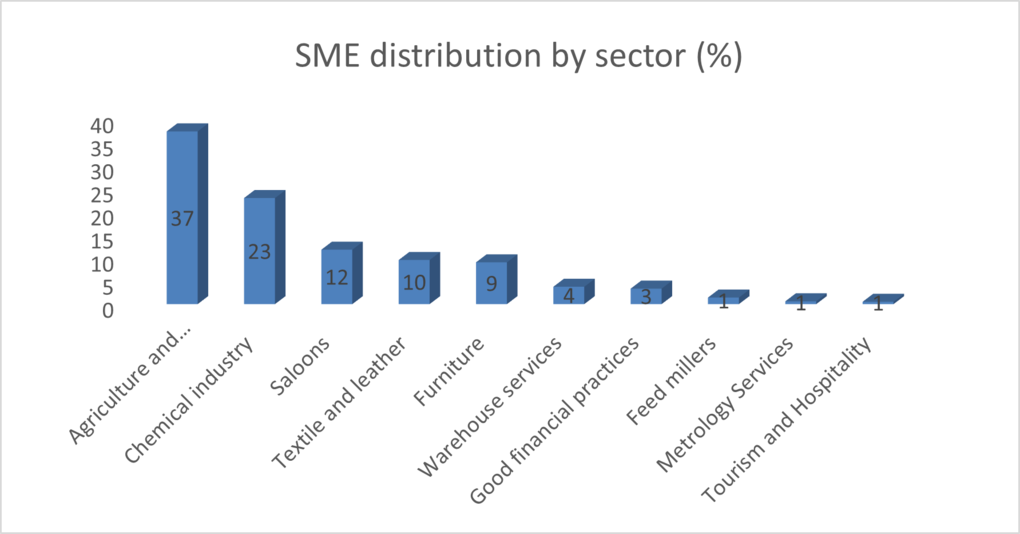Overview
1) What is Zamukana Ubuziranenge (ZU) Program?
Zamukana Ubuziranenge Program (also known as Maturity Model) intends to systematically develop and provide technical assistance to Micro, Small and Medium Enterprises (MSMEs), from different sectors of production, services, testing and metrology laboratories, to reach the desired quality and safety performance towards S-Mark and System certification and acquisition of required licenses, but also build a strong quality culture in MSMEs.
Zamukana Ubuziranenge Program was introduced by the Government of Rwanda through the Ministry of Trade and Industry (MINICOM) and to be implemented by Rwanda Standards Board (RSB) in 2017, to support in the realization of different policy and strategic objectives including Made in Rwanda such as competitiveness, market access, trade and industry promotion, investment promotion, export promotion, consumer and environment protection.
2) How is the Zamukana Ubuziranenge (ZU) Program implemented?
The technical assistance provided to MSMEs encompasses undertaking a gap assessment aiming at benchmarking the MSMEs’ current practices with the requirements of applicable standards, provision of customized training to equip MSMEs’ staff with detailed understanding of what standards require and the rationale behind each requirement. The next stage after customized training is handholding support through which each MSME is accompanied on its journey towards putting in place a system that promotes continued compliance to relevant standards from lower to higher maturity level. The process is concluded by a post technical assistance assessment to determine the level of readiness of the MSME for recommendation to initiate the certification process.
3) More opportunities embedded in Zamukana Ubuziranenge (ZU) Program.
Zamukana Ubuziranenge Program facilitates MSMEs to cope with the standardization services costs. As per January 2025, all quality services including technical assistance, testing, calibration and certification are free of charge for MSMEs. However, these free services do not apply to MSMEs having financial support from NGOs and other development partners, they have to pay a subsidized cost.
4) Partnership with other organization in providing technical assistance to MSMEs in improving quality and safety of their products and services
With the increase of the scope of intervention, the way the program is structured and maturity model adopted creates a good opportunity of partnership to any organizing including public, private, NGOs, projects that wish to support MSME in improving the competitiveness, in terms of quality and safety, of their products and services on local, regional, and international market. The experience from the last three years indicates this partnership has different advantages including creating synergy, avoiding overlapping and repetitive interventions that may create a burden to beneficiaries, ensuring the effectiveness of intervention on both sides and remarkable impact.
5) Current achievements
Since its establishment in 2017 up June 2025, Zamukana Ubuziranenge (ZU) Program made remarkable progress where around 988 MSMEs and Cooperatives were reached. This includes 14 animal feed millers, 226 MSMEs in chemical industry producing soaps, detergents, agro-chemicals and other chemical related products, 368 MSMEs operating in food value chains, 33 cooperatives were trained in grant management good practices, 116 saloons, 94 MSMEs producing textile and leather related products, 37 MSMEs providing warehouse services and 89 MSMEs producing timber and furniture and 6 metrology laboratories, 5 involved in tourism and hospitality.